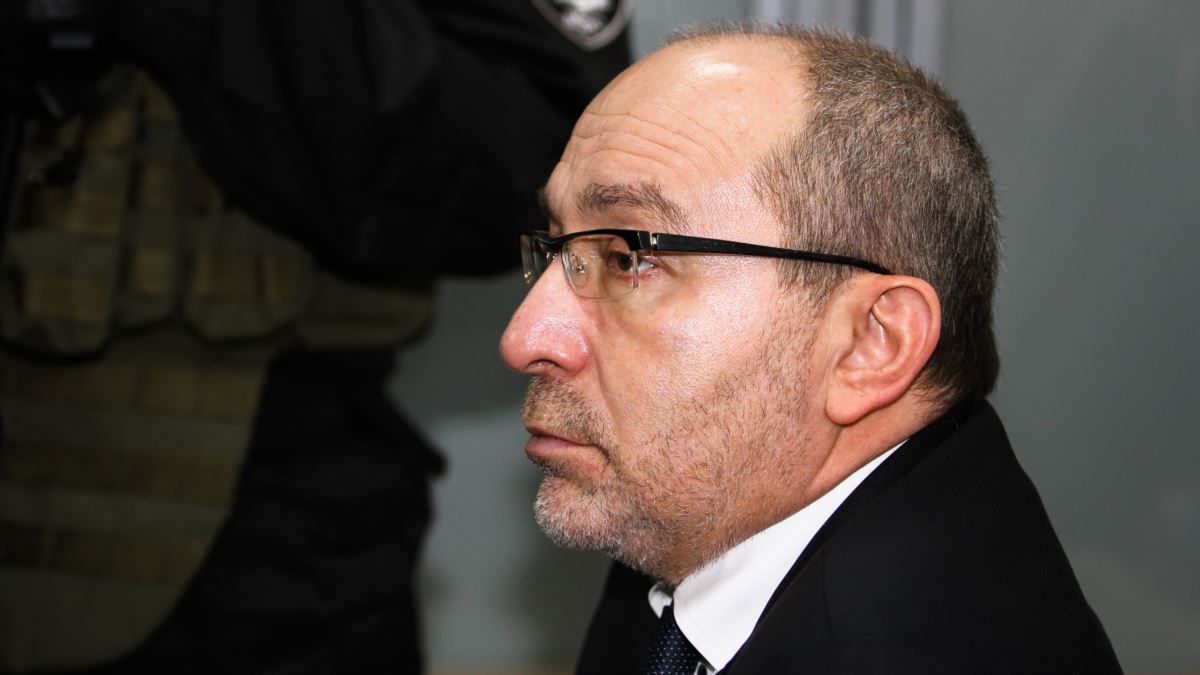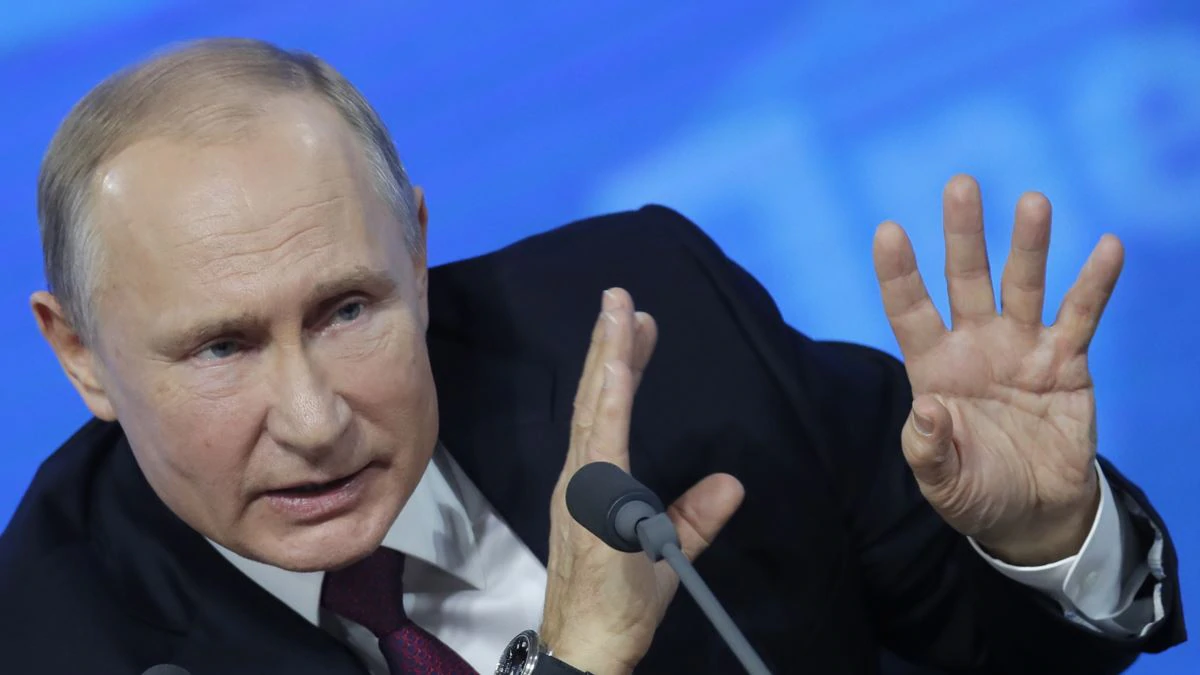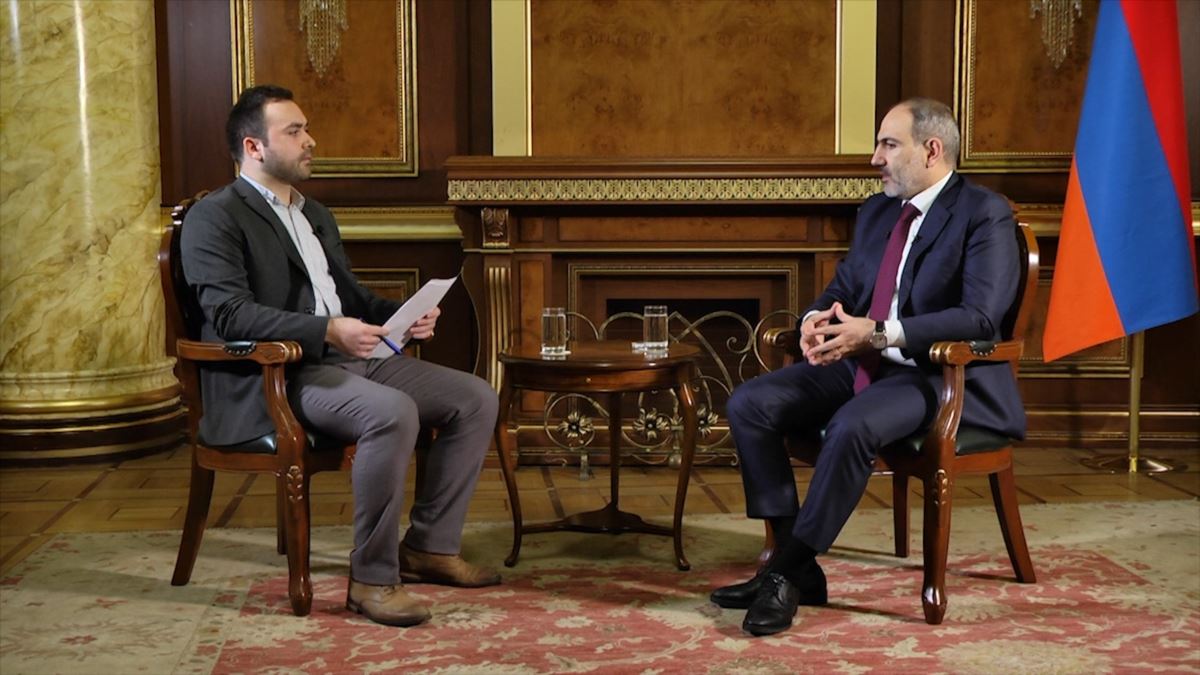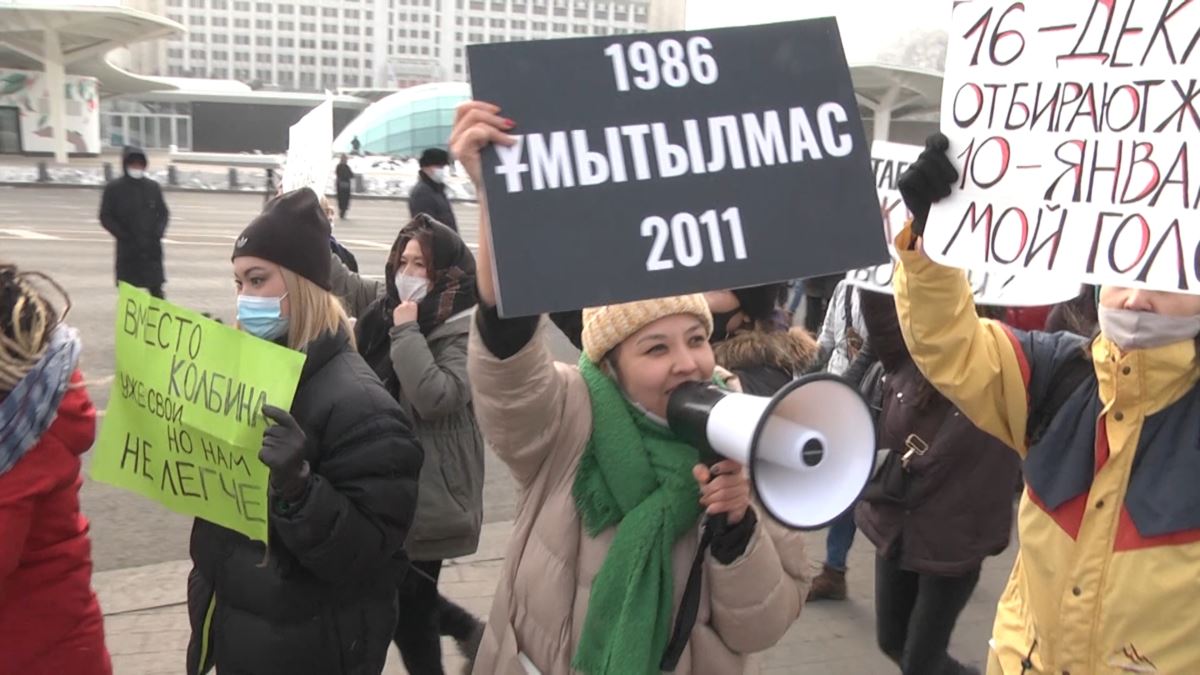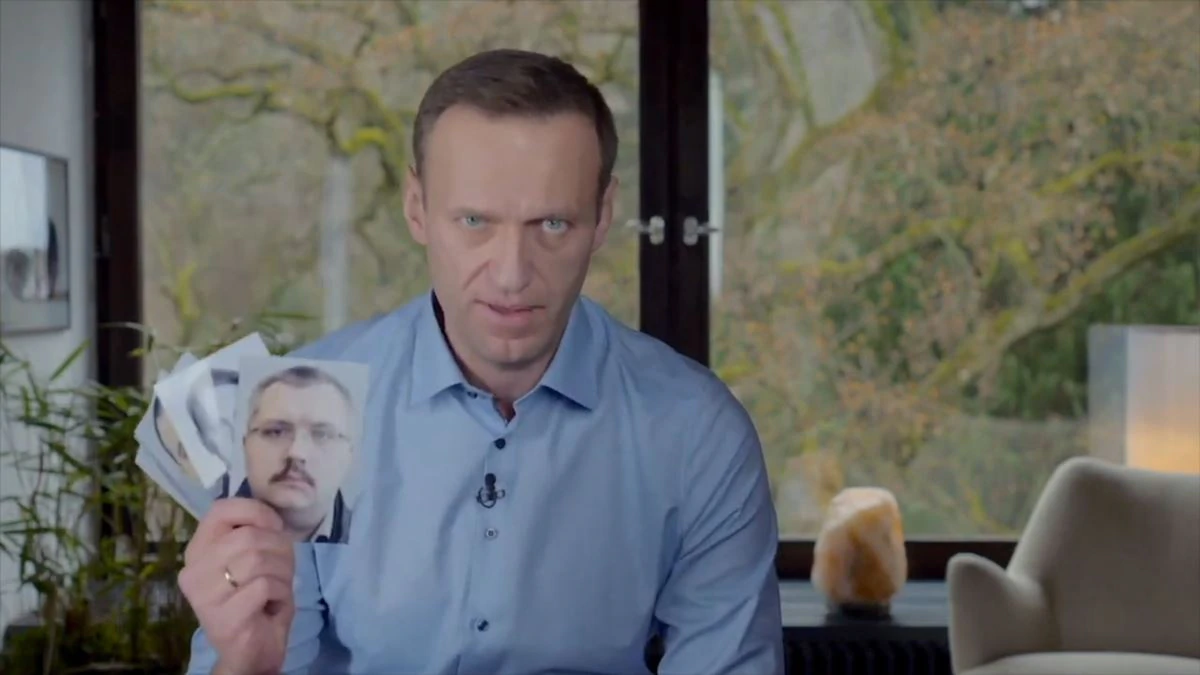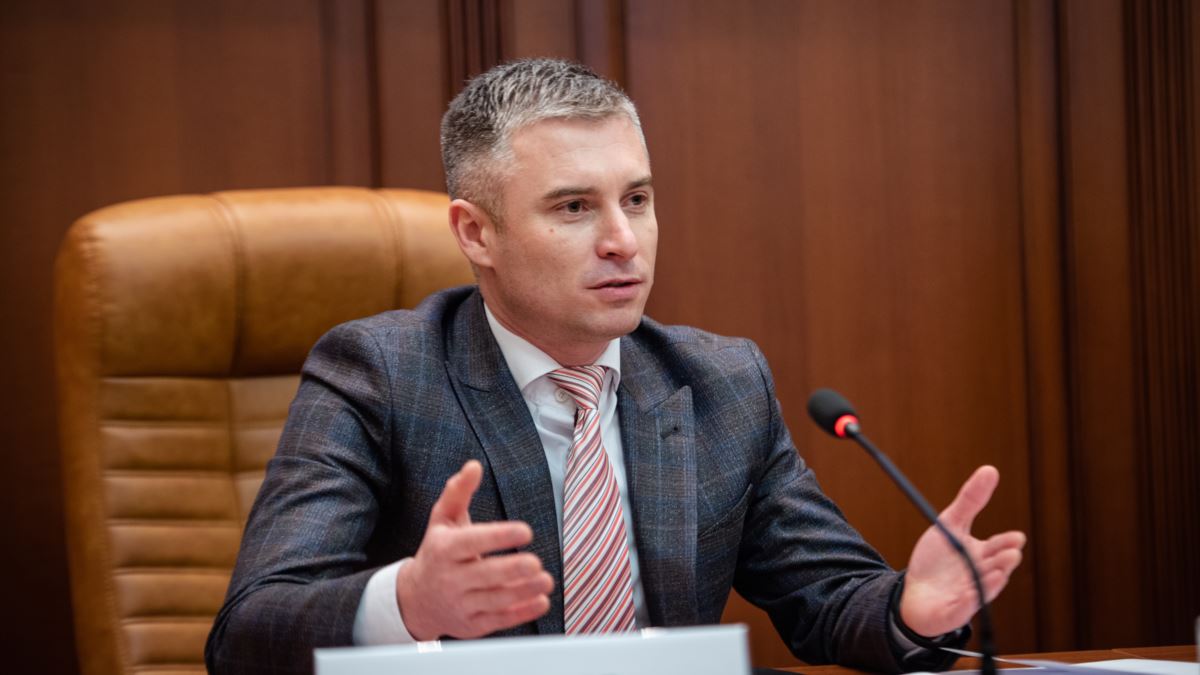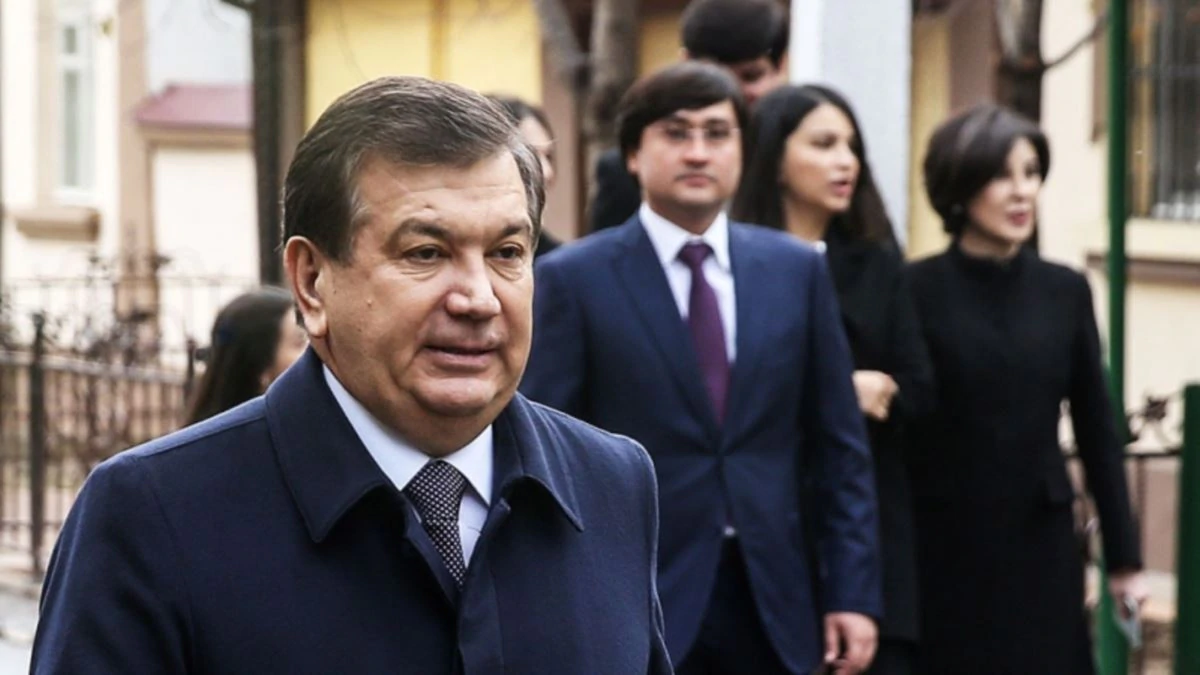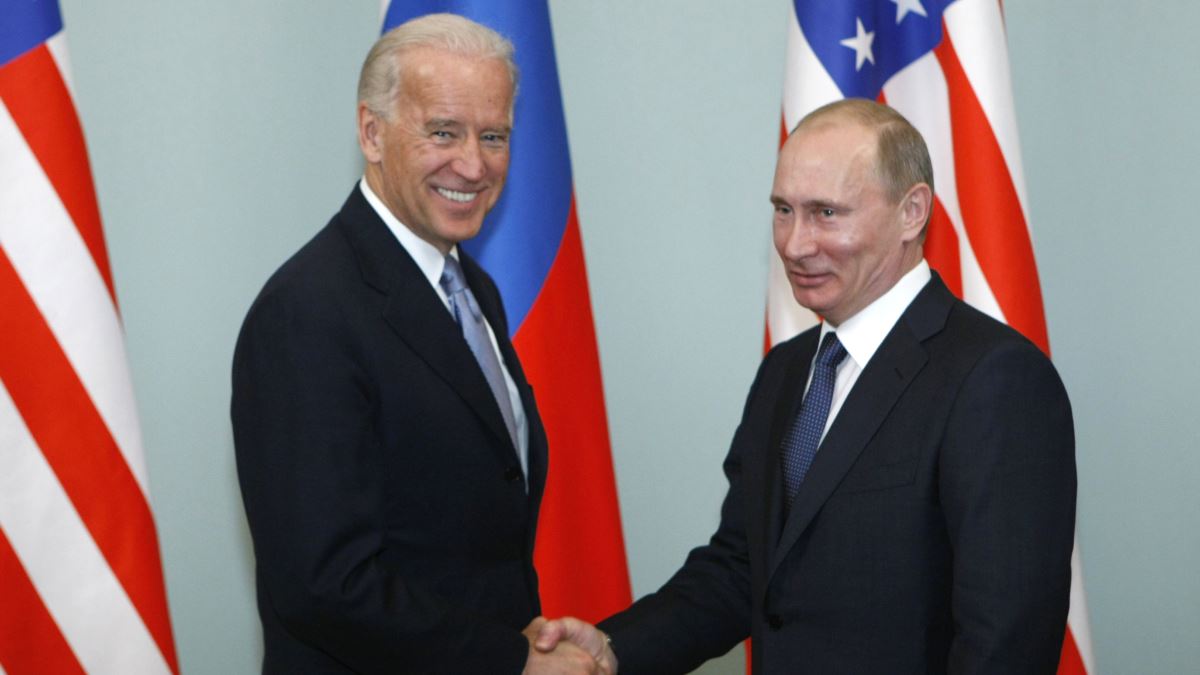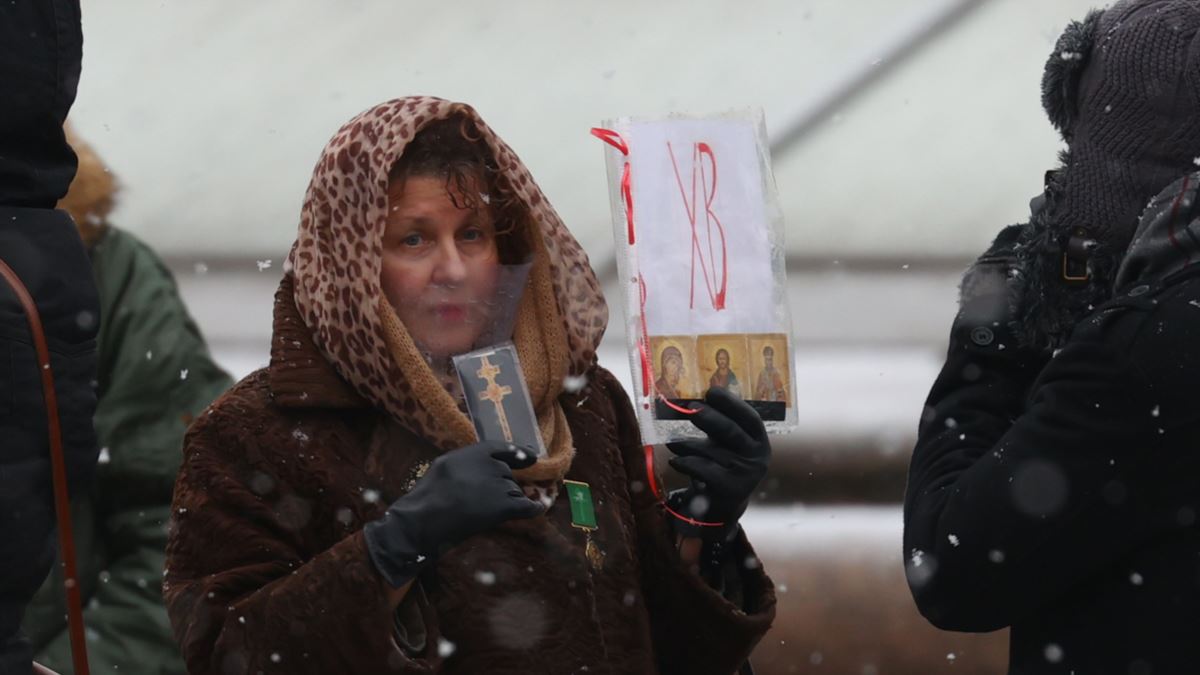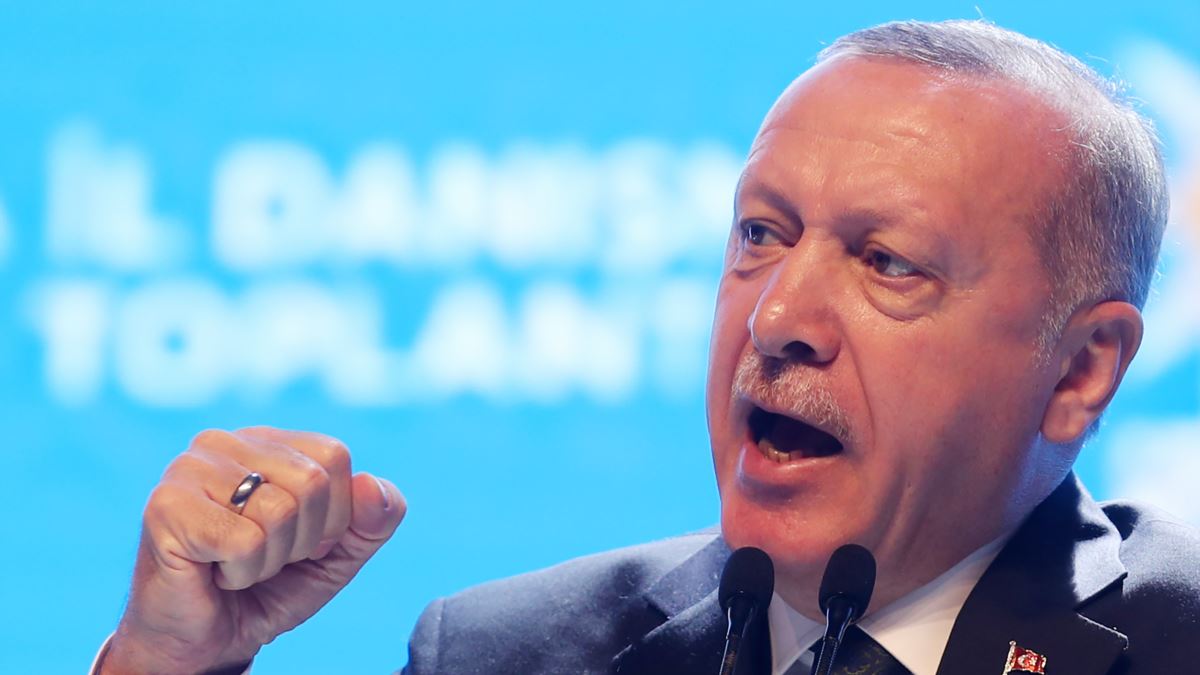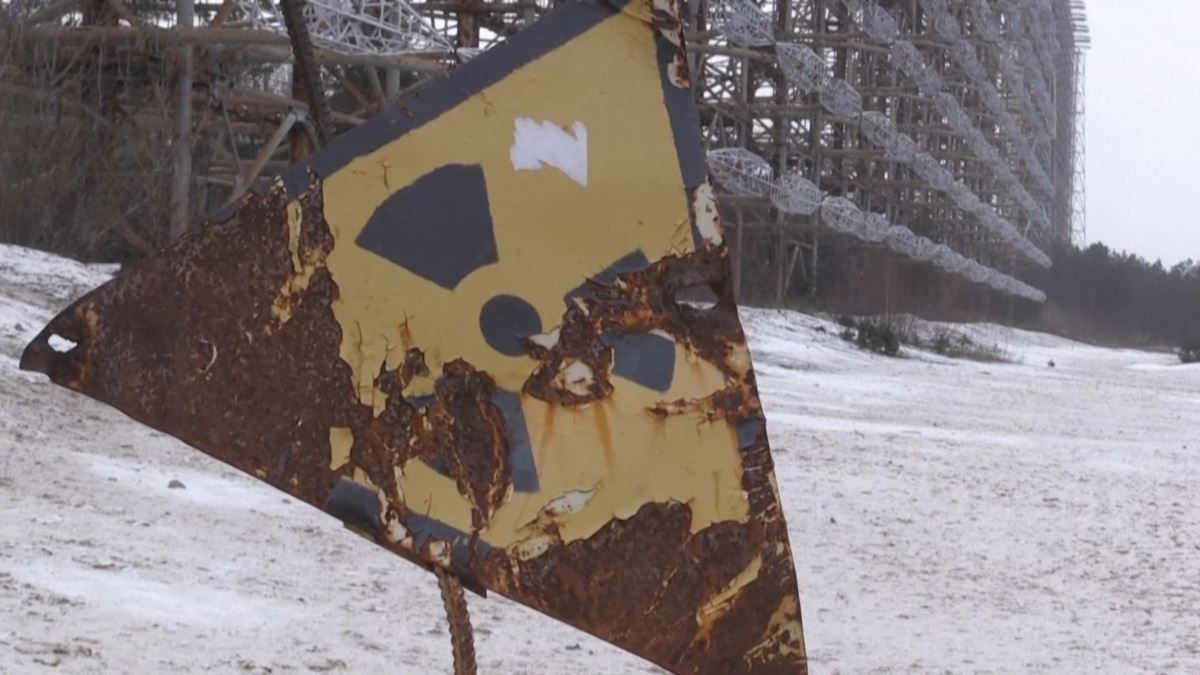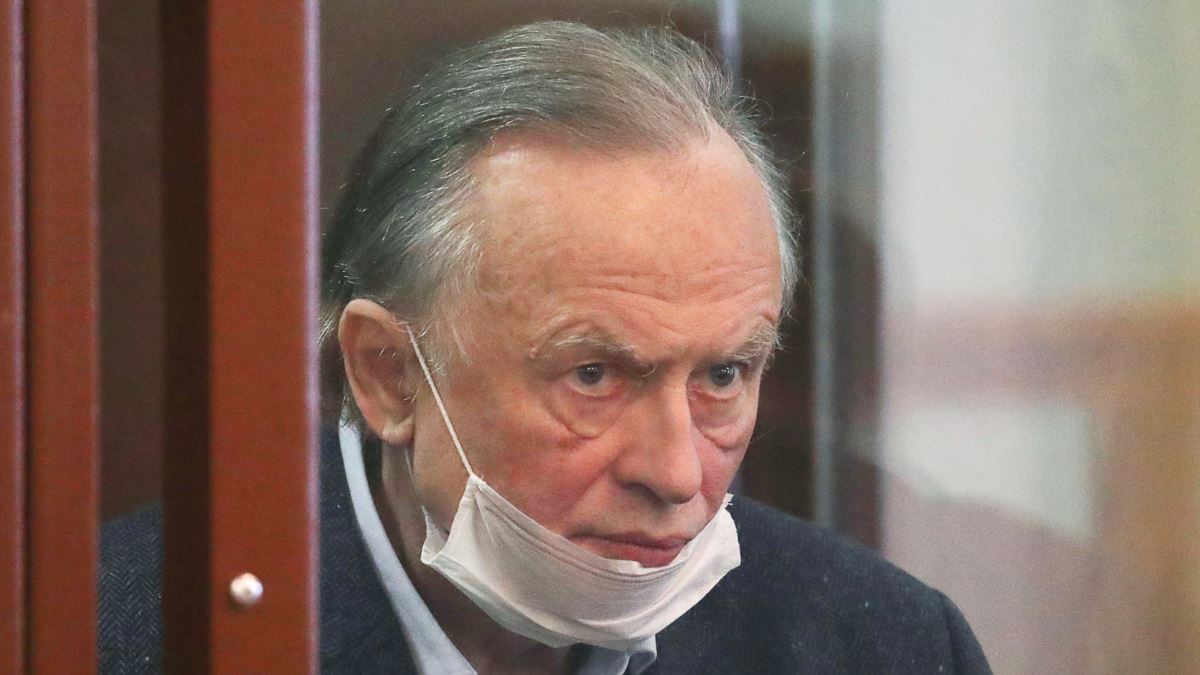In past years, Russian President Vladimir Putin has spent the bulk of his multi-hour annual news conference embracing friendly questions, deflecting problematic ones, trying to show empathy for average Russians, extolling new weapons, and lambasting the West, among other things.
This year’s event will be different in at least one regard: Instead of sitting at a dais in front of hundreds of journalists, Putin will be taking questions via video conference at his residence outside Moscow.
Nonetheless, it’s reasonable to expect more of the same.
To be sure, 2020 has been one of the more challenging years in the two decades since he came to power: Like many countries, Russia has been battered by the coronavirus pandemic; its economy continues to sputter. The constitutional gymnastics that have paved the way for Putin to stay in power for many more years have drawn scorn from opponents who say they make a mockery of Russian democracy.
And what about the fresh evidence that Russian security agents used a sophisticated nerve agent to attack a Russian citizen, anti-corruption crusader Aleksei Navalny?
Here are some of the tougher questions Putin might not be asked — and the answers he might not give if he is asked — at the December 17 event.
QUESTION: Why are wages stagnating and pensions being cut for average Russians, even as the national rainy-day fund is among the largest in the world?
ANSWER: Among the biggest successes Putin can claim since returning to the presidency in 2012: Russia’s fiscal condition is among the strongest in the world. The National Wealth Fund is on track to reach 12.5 trillion rubles ($164 billion) this year, Finance Minister Anton Siluanov said in October.
That more than meets one of the main goals of the fund when it was set up years ago: to help cushion the economy in the event of a shock, such as an economic downturn or Western sanctions. (Another goal was to help sop up excess cash flowing through the economy during high oil prices, and prevent runaway inflation.)
The question for a growing number of Russians: What about us?
Even before the coronavirus pandemic, many Russians were unhappy with dwindling prosperity. Disposable incomes were falling. Public opinion surveys showed that around 65 percent of Russian households had no savings whatsoever. Bankruptcies were on the rise. Overall poverty increased to 14.3 percent — more than 20 million people — and a hike in the value-added tax rankled.
A woman plays accordion for money just outside Moscow in May.
And then the pandemic hit. Like in many other countries, the government imposed lockdowns to try curb the spread. Unlike in other countries, the Kremlin opted for a relatively miserly approach to supporting out-of-work Russians, spending about one-tenth the amount that countries like Germany and the United States did to buoy their economies.
Overall, the International Money Fund estimates the Russian economy will shrink about 4 percent this year and then begin a slow recovery in 2022.
Expect Russians to grow impatient if livelihoods continue to stagnate. Don’t expect Putin to be heavily challenged on the question in the news conference.
QUESTION: Why is the government spending trillions of rubles on major new weapons systems, like the Avangard hypersonic missile or a new intercontinental ballistic missile called the Sarmat? Are you preparing for a war?
ANSWER: Like with the rainy-day fund, a core policy of the Putin administration has been modernizing and upgrading the country’s military capabilities. The 2008 war in Georgia shone a harsh light on Russian fighting tools and tactics, and since then the government has invested heavily in both new weapons and restructuring the armed forces.
According to the Stockholm International Peace Research Institute, military spending increased by 30 percent in real terms between 2010 and 2019. Since Putin first arrived in the Kremlin in 2000, it’s increased by 175 percent. This year, it’s estimated at around 3.9 percent of GDP. (While sizable, that figure is dwarfed by military spending in the United States, which spend about 10 times that of Russia, and China, which spend about four times as much.)
Still, the Kremlin has made spending money on and showcasing its newest weapons a priority, and state TV regularly brags about the capabilities and might.
An ICBM is test-launched by a Russian nuclear submarine from the Sera of Okhotsk on December 12.
Russia, which has played a major role in the Syria war and has continued to stoke the conflict in eastern Ukraine after occupying and seizing Crimea in 2014, may not be preparing for some new military action abroad.
Still, bragging about military capabilities taps into nostalgia for some Russians who remember the formidable Soviet armed forces. And projecting Russian power, for example in Syria, strikes a patriotic chord with some as well.
In 2019, the Levada Center polling agency found the armed forces were widely popular among Russians — more popular than Putin.
QUESTION: Have you authorized the targeted assassinations of Russian dissidents, reporters, opposition activists, and former military agents who you have deemed to be “traitors”?
ANSWER: In a 2019 interview with the Financial Times, Putin was asked about the case of Sergei Skripal, the former Russian military intelligence officer who nearly died a year earlier after being targeted with a Soviet-era military-grade nerve agent known as Novichok.
At the time, Skripal was living in England, having been sent there in a spy swap in 2010 after serving years in a Russian prison for treason for passing secrets to Western intelligence.
“Treason is the gravest crime possible and traitors must be punished. I am not saying that [this] is the way to do it. Not at all. But traitors must be punished,” he said.
Skripal’s case was not an isolated one: a series of Russian dissidents, reporters, and others have fallen mysteriously and suspiciously ill over the years, in and out of Russia. Arguably the best known was Aleksandr Litvinenko, a former Russian security officer who died in 2006 after ingesting a highly radioactive isotope known as polonium-210.
And this August, Navalny fell violently ill on a plane in Siberia, was hospitalized and then flown to Berlin, where German authorities identified a Novichok-related substance as the cause.
On December 14 — three days before the news conference — the open-source research group Bellingcat published a major investigation that concluded agents from the Federal Security Service (FSB) had surveilled Navalny for years.
The report, published in conjunction with The Insider, Der Spiegel, and CNN, also said the agents, some of whom had expertise in toxic substances, were in his vicinity at the time he was allegedly exposed to the toxin. Navalny has accused Putin of trying to kill him.
In Moscow, the initial response to the report was muted. Kremlin spokesman Dmitry Peskov canceled his daily phone briefings; Russian reporters suggested Peskov wanted to avoid having to respond to questions about Navalny. In comments to reporters during a trip to Zagreb, Foreign Minister Sergei Lavrov called the reports “not serious” and accused the United States and “Western partners” of being behind it.
Coming on the heels of other reports exploring the possibility of a secret Russian chemical-weapons program, the Bellingcat investigation is likely to increase pressure on Western governments to more forcefully respond to Russian actions.
Given the unwelcome outside scrutiny on Russia’s security apparatus, and given that the Kremlin tries to keep close control on these sorts of events, it seems unlikely that anyone will be allowed ask Putin about it.
And if he is asked, Putin — himself a former director of the FSB — may avail himself of the opportunity to praise the security forces. And also send Kremlin opponents and Western countries a sharply worded warning, not unlike he did in the Financial Times interview.
QUESTION: Earlier this week, the U.S. government announced a major cyber-intrusion into the computer systems of several major departments. Initial reports pointed the finger at Russia’s Foreign Intelligence Service (SVR) and said the sophistication and complexity of the hack suggested it was approved at the highest levels of the Kremlin. Did you authorize it? And if so, why? Given how you have indicated a readiness to work with the incoming Biden administration on a basis of “mutual respect,” this cyberattack appears to be not only very damaging, but potentially hostile.
ANSWER: Russia’s cyber-capabilities are among the most formidable in the world. And that doesn’t even to take into consideration the private world, or the underworld, where Russian hackers are renowned.
As far back as 2007, if not earlier, it was clear that offensive cyber-activities were being embraced in Moscow. That was the year that Estonia was hit with a wave of crippling attacks that paralyzed government websites, ministries, banks, and newspapers. The sophistication of the attacks, and the events that were believed to have prompted them, led Estonia to blame Russia, something Moscow denied.
Since then, Russian intelligence agencies are believed to have ramped up cyber-operations. The FSB enlisted former hackers to build up its cyber-operations, something that ultimately caused major embarrassment for the agency.
In 2016, amid the U.S. presidential election campaign, the servers of the Democratic Party were breached, leading to the theft of thousands of e-mails, which were then leaked and published. Researchers identified two so-called “Advanced Persistent Threat” operations: one run by either the SVR or FSB, the other by Russian military intelligence, known widely as GRU.
Twelve GRU officers were named publicly in a 2018 indictment issued by Special Counsel Robert Mueller, which provided other precise details including addresses of the offices where they worked and even blockchain transactions for the Bitcoins that the GRU allegedly used to purchase things like server space.
In October, a U.S. federal grand jury indicted six GRU officers with a wide-ranging cyber-campaign that utilized destructive malware to hack the Ukrainian power grid and the 2018 Winter Olympics.
While none of the GRU officers seems likely to ever see the inside of a U.S. courtroom, the U.S. criminal filings have served partly to “out” the officers, to put Moscow on notice that U.S. intelligence is watching — possibly as a deterrent effect.
Putin may not be asked about Russian cyber-operations, never mind about Russia being blamed for one of the biggest cyber-breaches in U.S. history.
If he does answer, it may be with a smirk.
QUESTION: Given the coronavirus pandemic, what exactly will be the situation with children’s summer camps next year?
ANSWER: Putin might in fact address this sort of question, which is a genuine one that was mentioned on air by a presenter at NTV, the Gazprom-controlled TV channel whose Kremlin coverage is unabashedly positive.
This post was originally published on Radio Free.



